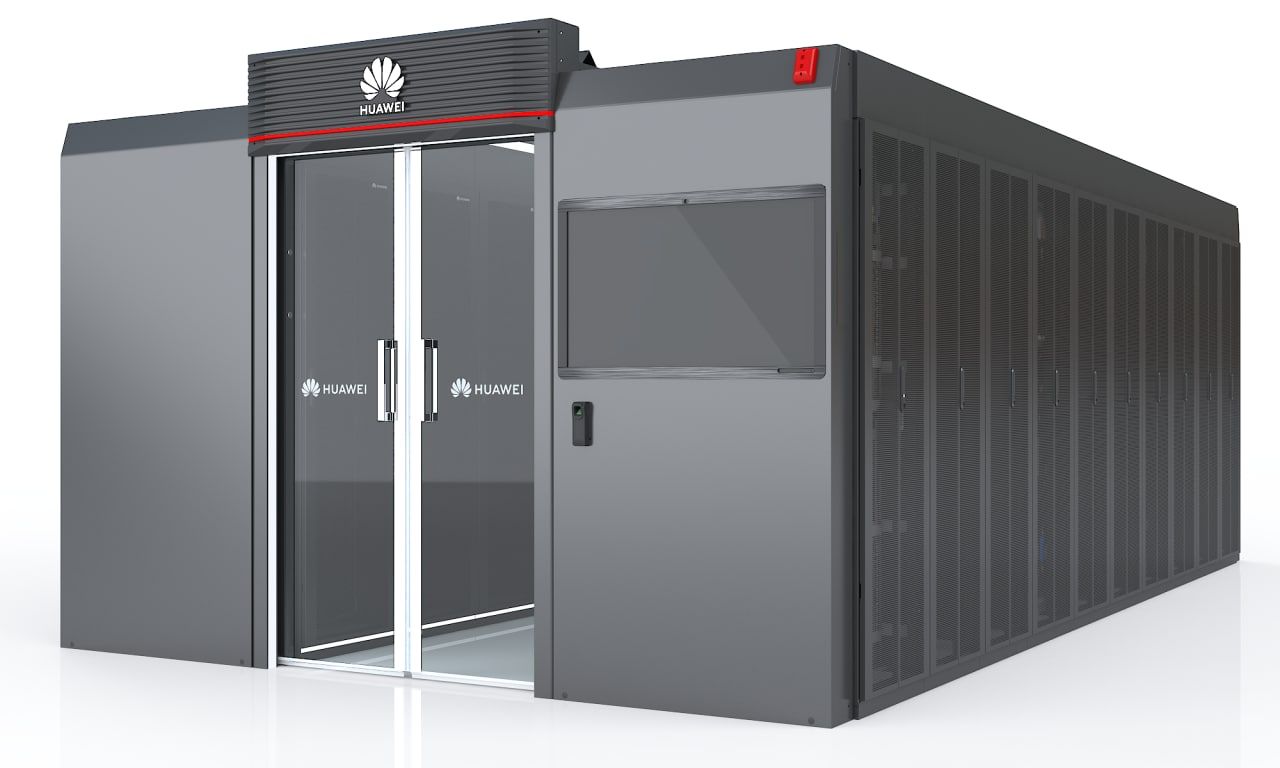Progress for 0 ad
Progress for 1 ad
Progress for 2 ad
Progress for 3 ad


Kaleab Girma
Addis Ababa, Ethiopia

Dashen Bank has become the latest institution in Ethiopia to join the data center race, unveiling its facility set up at the cost of 230 million birr (4.4 million dollars).
Built to Tier-III standards, the Bank installed the Huawei FusionModule2000, a next-generation, smart modular data center solution that integrates power, cooling, rack, cabling, and management systems.
Around five local IT firms participated in the installation together with the Bank in a process that took close to eight months. The center’s redundant system allows Dashen to work on the setup without taking it offline. At the same time, its backup generator keeps operations running in case of a local or region-wide power outage.
Fulfilling its mega data storage and analysis needs, the bank believes the data center will carry it towards the next years. Dashen also plans to extend the massive capabilities of its new center by providing data storage services for other banks and fintechs.

Ethiopia’s capital is seeing a surge in data center developments. Ethio Telecom in May inaugurated a modular data center provided by Huawei in the Gola Sefer area of the capital city. The telco launched its newly built Tier 3 Ready Data Center with 99% reliable connectivity and high electric power saving.
Data center tiers are a standardized ranking system that indicates the reliability of data center infrastructure. This classification ranks facilities from 1 to 4, with 1 being the worst and 4 the best-performing level.
A data center receives this international ranking from the Uptime Institute, an independent organization that determines the facility level primarily based on uptime guarantees, fault tolerance, and service cost.
Dashen, while it awaits the Tier III certification for its data center from the Uptime Institute, it has received another data security certification called PCI DSS from ControlCase, a United States-based company that provides software compliance services.
The Payment Card Industry Data Security Standard (PCI DSS) is an information security standard for organizations that handle branded credit cards from the major card schemes.
Building Capability
In Ethiopia, the embracing of data centers, as well as local cloud services, is at an early stage, meaning organizations are yet to fully leverage the technological benefits, such as scalability and cost reductions that cloud systems offer.
Ethiopian government agencies still use fragmented, on-premise ICT infrastructure to store data and run applications. One of the few examples of a public agency that provides a data center as a platform service is the Ministry of Innovation (MiNT), which provides an offsite physical data center facility and infrastructure for government agencies and other institutions.
Technological capability and the digital economy are among the key strategic pillars and priority areas of the recent Ten Years Development Plan. The Digital Ethiopia 20252 strategy also considers “enabling the adoption of cloud solutions and data centers” a key priority.
Following these, there is a growing interest in the area. Multiple cloud service providers have recently invested in the sector, understanding the current market cloud reality and its potential.
Since 2018, over 14 companies have acquired investment licenses to engage in data center and cloud service. Most notably, Wingu.Africa recently partnered with Websprix to build a Hyperscale data center in Ethiopia.
Redfox, a data center as a service provider, is also gearing up to launch its Tier III, carrier-neutral data center. Raxio is also building a carrier-neutral Tier III colocation data center facility in the ICT Park.
The government is also trying to build a Tier III national data center where all the necessary information and statistics of all federal institutions and citizens are securely kept and stored.
👏
😂
❤️
😲
😠

Kaleab Girma
Kaleab Girma is a journalist and researcher with more than eight years of experience. He serves as Shega’s Media Manager, reporting on businesses, innovation, technology, and startups in Ethiopia.
Your Email Address Will Not Be Published. Required Fields Are Marked *